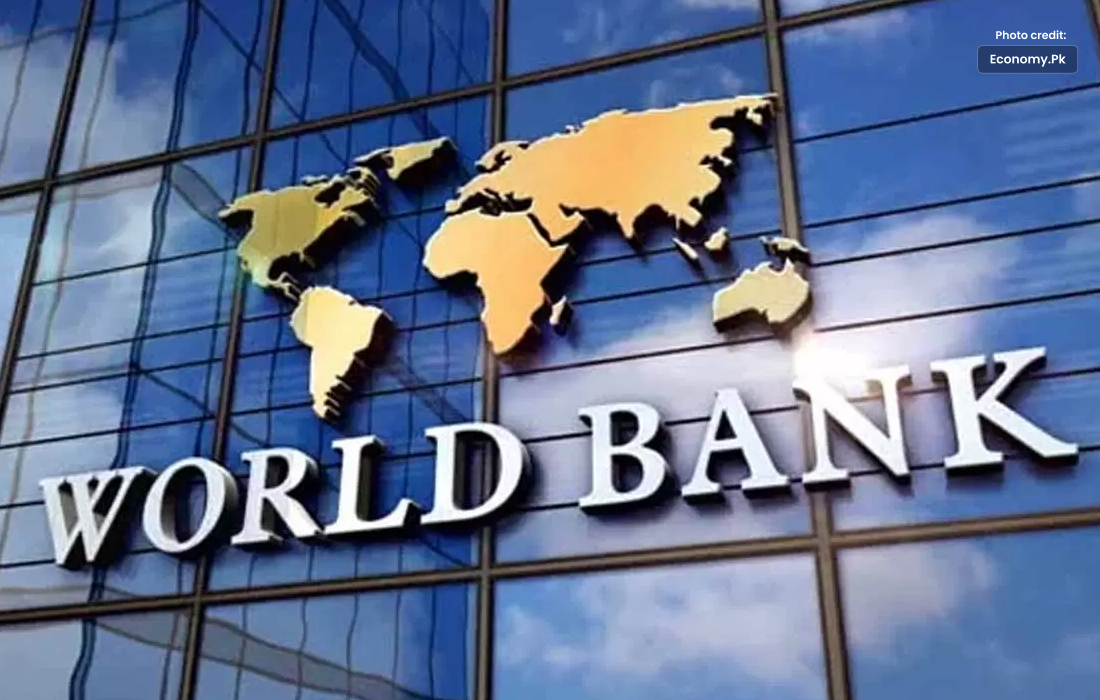World Bank reallocates $615 M from project to flood-affected areas.
The Washington-based lender announced this week at the Climate Resilient Pakistan Conference in Geneva that it would contribute $2 billion to flood relief, rehabilitation, and reconstruction efforts in flood-affected areas.
However, it is not new money because the World Bank has already approved projects or because funds were diverted from schemes that were moving slowly and the lender was considering canceling those loans.
Of the $2 billion pledged by the World Bank at the Geneva conference, $615 million was taken from schemes that had already been approved but were facing delays in implementation.
At the Geneva Conference
World Bank Vice President for South Asia Region Martin Raiser also emphasized this point.
He stated that $357 million was repurposed from the existing portfolio for immediate relief, supporting cash transfers, tent procurement, and emergency needs, as well as small urgent rehabilitation works.
In addition, Raiser informed the gathering of lenders and donors that another $258 million was mobilized from existing projects for reconstruction, bringing the total amount of repurposed funds to $615 million.
In addition, on December 19, 2022, the World Bank approved $1.3 billion in projects to aid in the recovery, rehabilitation, and reconstruction process.
These operations, some of which were carried out under emergency procedures, were in line with the priorities and principles outlined in the government’s Resilient Recovery, Rehabilitation, and Reconstruction framework, also known as the 4RF framework.
Pakistan received a total of $9.7 billion in pledges at the Geneva conference, including $2 billion from the World Bank in various forms.
Shehbaz Sharif, the jubilant Prime Minister, had addressed a news conference at his house after returning from Geneva, saying that the pledges had exceeded the government’s expectations and that if he had revealed the internal very low expectations, people would have gone crazy.
Finance Minister Ishaq Dar stated that loans accounted for more than 90% of total pledges.
According to Raiser, the World Bank also intends to approve new projects in Balochistan, Khyber-Pakhtunkhwa, and Punjab that will bring additional resources to support reconstruction across all affected districts of the country.
World Bank
In September of last year, the World Bank announced for the first time that it would provide $2 billion for flood-related activities, and in December, a month before the Geneva conference, it approved $1.3 billion in projects.
In August of last year, the World Bank identified at least nine troubled projects that could have resulted in loan cancellations totaling more than $730 million, including $400 million in concessionary financing.
These projects were canceled due to the poor performance of Pakistani authorities.
Economic Affairs
At the time, some in the Ministry of Economic Affairs claimed that they would not allow the World Bank to repurpose the existing portfolio, not realizing that the lever was in the hands of the lender due to Pakistani authorities’ poor performance.
It was reported that $615 million had been diverted from projects that were behind schedule. The cancellation of IDA lending was viewed as a serious issue because countries frequently fought for access to cheaper long-term loans, even if they had the financial muscle.
The World Bank is funding 54 operations in Pakistan totaling $13 billion in IDA and IBRD loans. However, 67% of the portfolio remained unpaid, compared to 61% for federal projects last year.
Foreign-funded projects were always behind schedule and frequently restructured due to implementation issues.
Delayed Projects
Projects such as the Punjab Sustainable Rural Water Supply and Sanitation Scheme, the Punjab Resource Improvement and Digital Effectiveness, the Punjab Agriculture and Rural Transformation Programme, the National Transmission Modernisation Project, the Pakistan Hydromet and Climate Services Project, and the Khyber-Pakhtunkhwa Economic Corridor were all delayed.
It was criminal to lose cheaper project financing, especially when there was little time left due to a heavy reliance on budget support loans.
According to a new report issued by the Economic Affairs Ministry, Pakistan signed new agreements worth $15.7 billion in the fiscal year 2021-22, with 62% of those for budget support and building foreign exchange reserves.
These commitments included Eurobonds and time deposits from Saudi Arabia, as well as multilateral and bilateral development partners.
According to the ministry, only 16% was project financing, while the remaining 14% was commodity financing.




